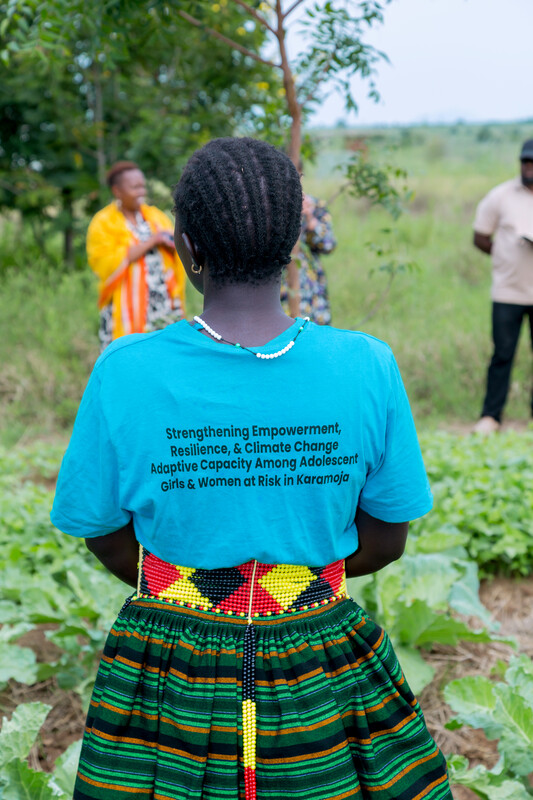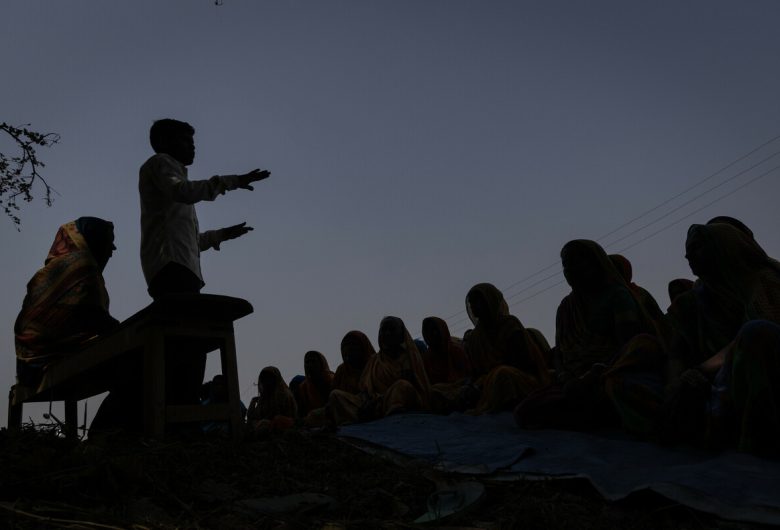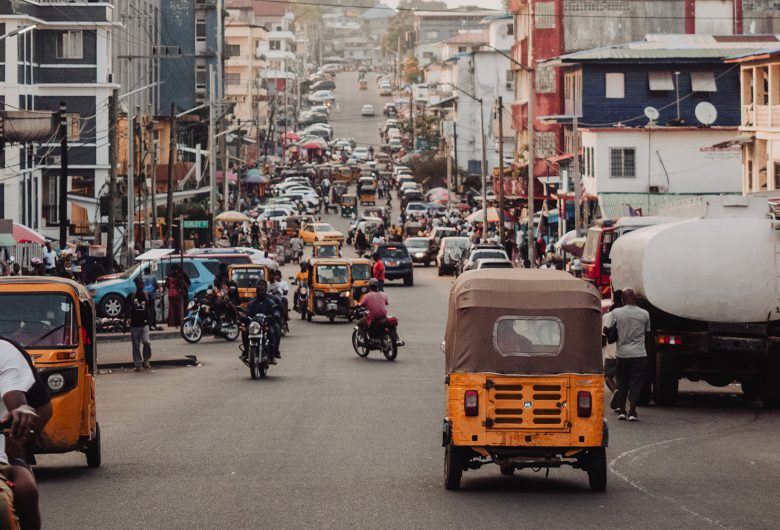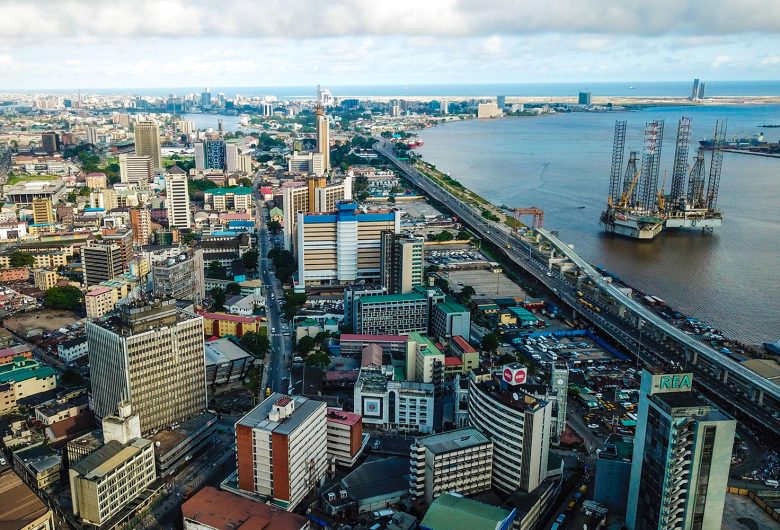Key information
- Hotspot launch
- 2024
- Focus areas
-
- Child marriage
- Child trafficking
- Child labour
What we do
In the Karamoja region of eastern Uganda, Freedom Fund’s locally-led partners identify and address the root causes of child marriage.
With adolescents, youth and survivors taking the lead, our partners are developing climate-resilient livelihoods and diversifying family sources of income for communities facing hunger and food scarcity in the face of climate disruption. Community members, with growing support from traditional leaders and elders, are working to prevent violent practices against women and girls and questioning harmful gender norms.
Our partners work with communities to prevent the relocation of children to cities where they face various forms of exploitation. They are also removing children from hazardous work in stone quarries and as “warrior” herders.
The Freedom Fund program enables girls and young women to build a greater voice, hope and power. Together, our partners and communities are organising practical strategies for local accountability and building systems for protecting every child and investing in their future.
Following an inception year, the Freedom Fund now aims to develop sufficient long-term funding to expand the program, implementing and scaling up the most effective approaches piloted by our partners.
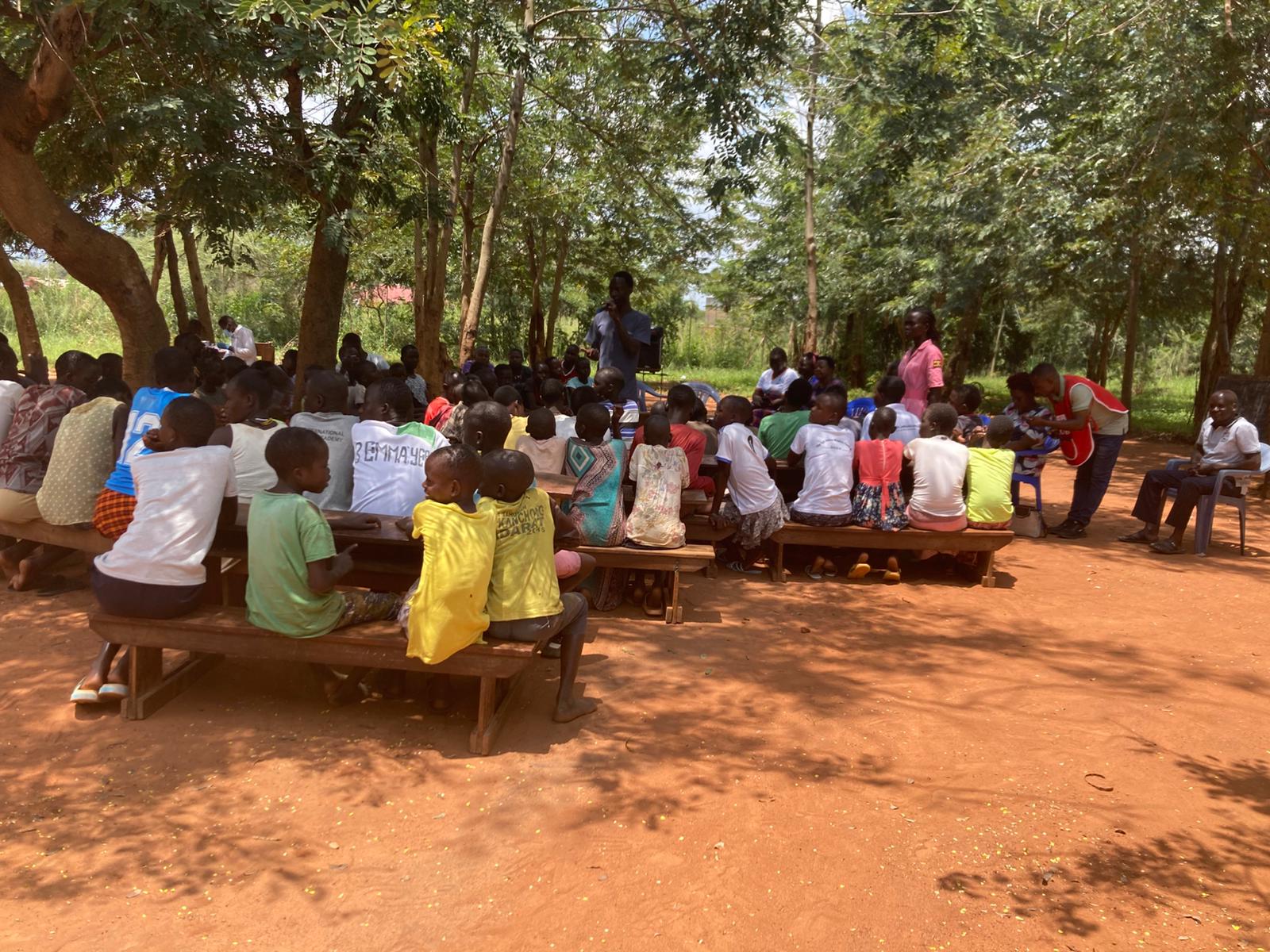
How partners address child and forced marriage
Karamoja faces several child exploitation problems triggered by food insecurity, social
norms and higher levels of poverty than the rest of Uganda. The rate of child marriage in the region is more than double the national average according to the 2024 national census. This is matched by a high rate of teenage pregnancy. Insufficient economic activities, partially a result of low enrolment levels in school, coupled with limited agricultural opportunities and climate disruption, lead to youth migration and child trafficking to cities and neighbouring countries.
During the 2024-2025 inception period, the Freedom Fund identified partner organisations to test a range of models that would address child marriage, child labour and trafficking in Karamoja. The Youth and communities lead innovations to protect children in Karamoja report examines six partner models to provide a clear understanding of how they are implemented in the communities and what they are starting to achieve.
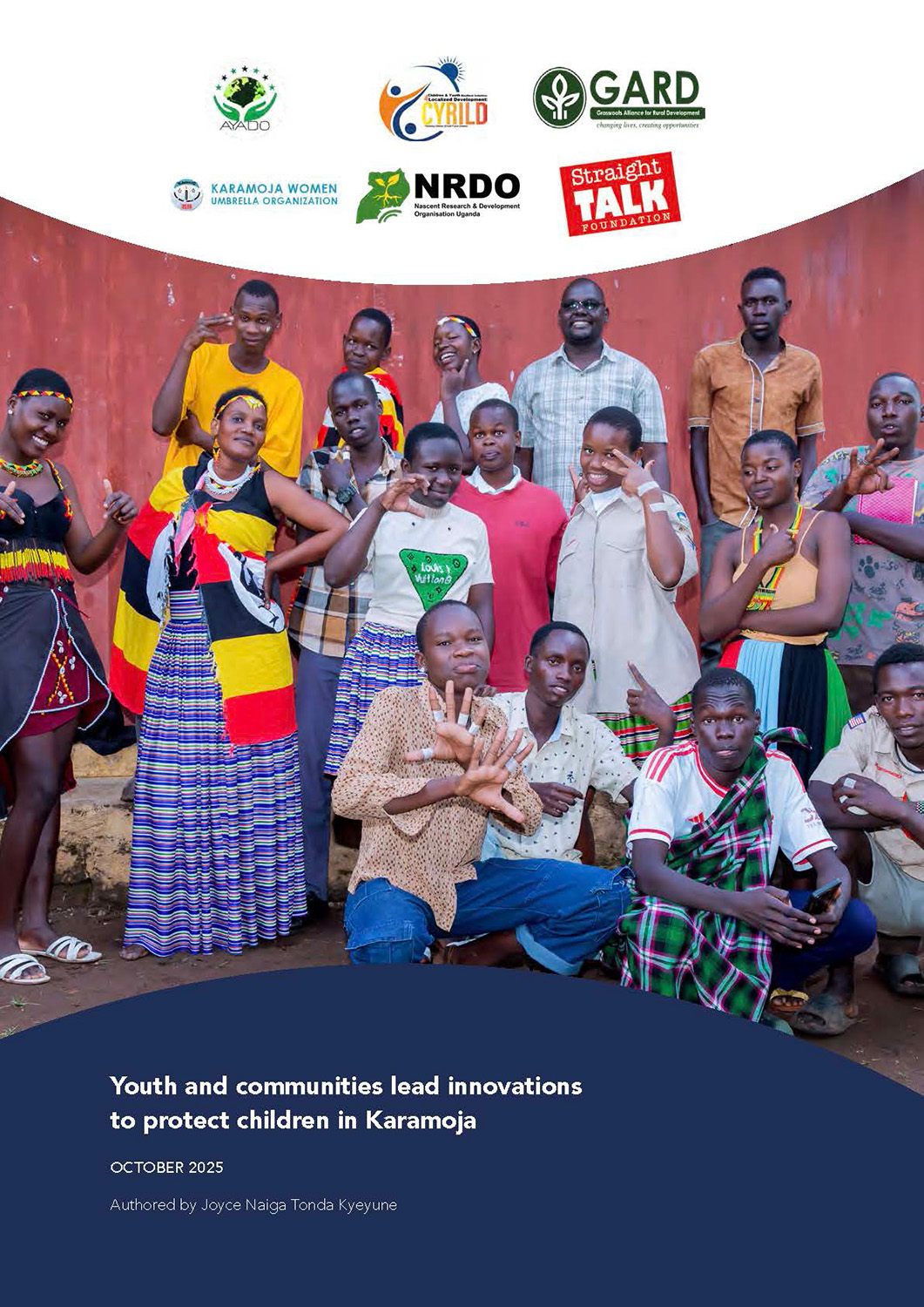
Our team

Ginny Baumann
Senior Program Manager, Special Projects
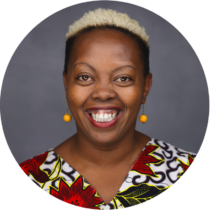
Ruth Kimani
Head of Programs, Africa
Promising pathways
Our work in Uganda is currently in an inception year. Our partners and communities are identifying promising strategies that can be built upon through a larger hotspot program.
Cross-cutting approaches
Ensure survivor leadership
Prioritise participation and equity of survivors of child marriage, exploitation, and violence, including returnees from trafficking situations.
Invest in youth
Invest in youth as key drivers of positive change, equipping them to overcome the immense risks of exploitation that they face.
Engage community elders
Encourage traditional and religious leaders as active protectors of children and advocates for education.
Bring a gender transformative lens to each activity
Promote reflection about the benefits to all people and ensure that cultural leaders endorse this.
Ensuring activities are trauma-informed
Most community members have suffered or witnessed events marked by extreme violence or threats to survival.
